Vestibular Rehab
What is vestibular rehabilitation?
Vestibular rehabilitation is a specialised therapy designed to address issues related to balance and dizziness. Max Molyneaux specialises in treating Benign Paroxysmal Positional Vertigo (BPPV), a common form of positional vertigo, using targeted positional manoeuvres.
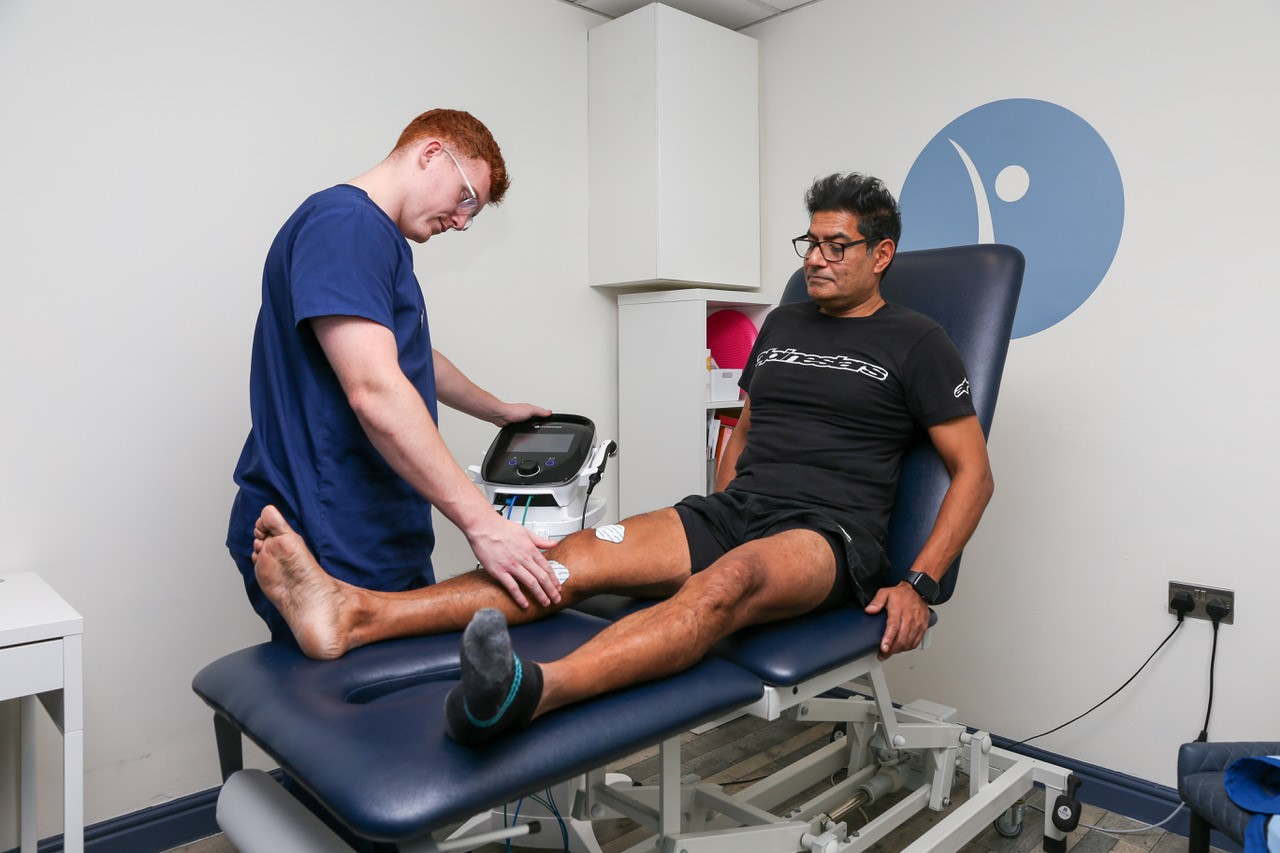
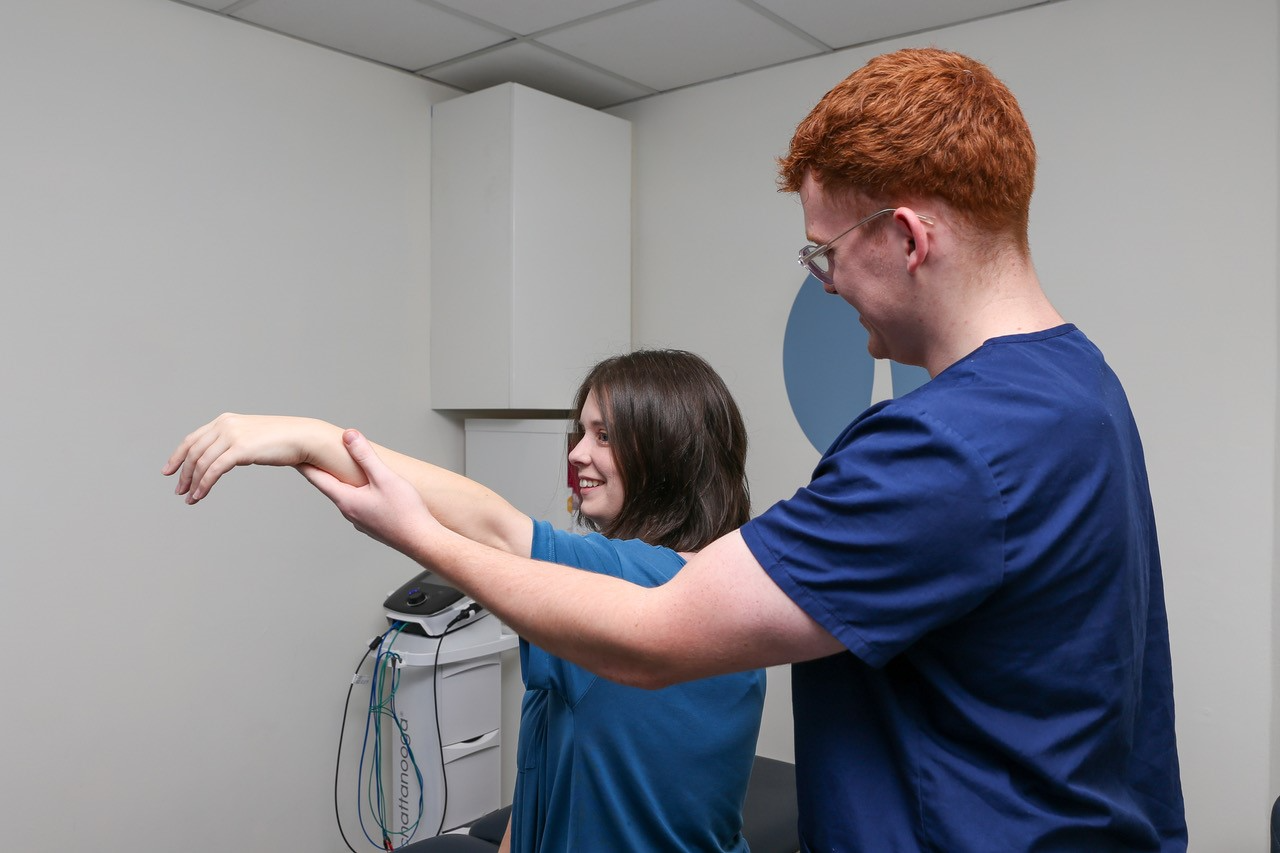
Vestibular Rehab
Vestibular Physiotherapy Treatment and Rehabilitation can help with Benign Paroxysmal Positional Vertigo (BPPV) – or just Vertigo as it is often referred to, Post-Concussion Syndrome, and Balance Problems. These conditions affect our balance, causing us to feel unsteady or like the room is spinning.
Our balance system relies on tiny crystals inside canals within our ears acting like spirit levels. If these move out of place, it can cause problems with our balance and/or dizziness. This affects basic day-to-day tasks like bending down to tie shoes or turning to look behind you.
These crystals can become dislodged for a number of reasons. Commonly it is believed to be linked to the hormonal changes that occur during the menopause or perimenopause. However, it can occur in both males and females, often after a knock to the head, and sometimes the cause cannot be identified.
Our diagnostic tests will show us clearly whether the crystals are dislodged, and if they are then they can be successfully treated.
Meet your vestibular physiotherapist
Max Molyneaux is our clinical specialist in Vestibular Rehabilitation.
Max will do a thorough assessment to identify imbalances in the inner ear crystals and create a bespoke treatment plan – but the focus is always the same: resolving your issue and getting you back to doing what you love, as soon as possible.
In addition to addressing vertigo, Max will assess your overall balance and how your eyes and vestibular system work together to interpret your surroundings. This can often become a secondary issue which if unresolved can have a big impact on your future health and wellbeing.
After assessment you will start treatment immediately, normally within the first session, and Max will explain to you exactly how this will work to resolve the problem. He’ll combine his expert skills including hands-on treatment, acupuncture (if suitable), and tailored, progressive exercise plans.
The goal of vestibular rehabilitation is to help your brain better understand the signals it receives from your inner ear and eyes, reducing dizziness and preventing vertigo attacks. Max is a clinical specialist in Vestibular Rehabilitation and by identifying and treating the underlying problems, his vestibular physiotherapy treatment resolves the symptoms and allows you to get back to enjoying life again.
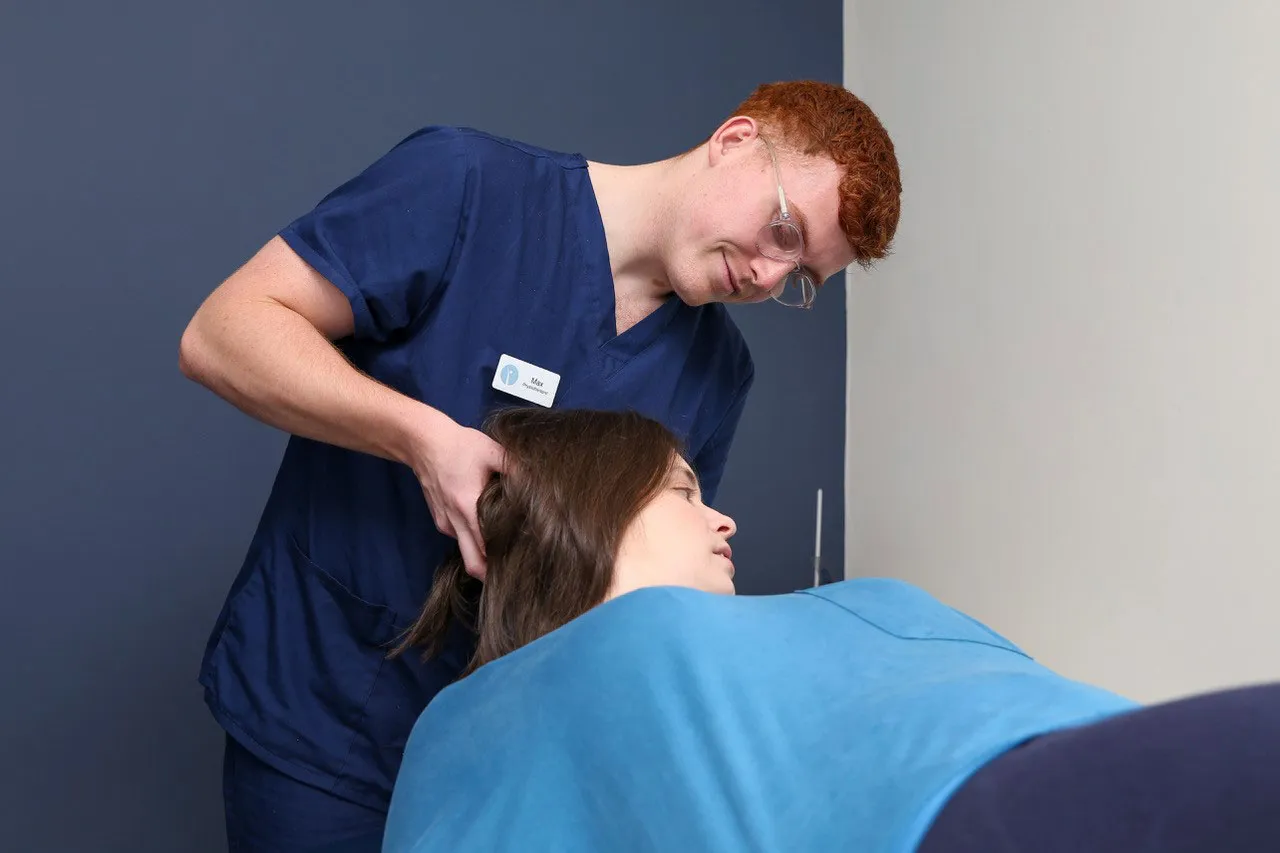
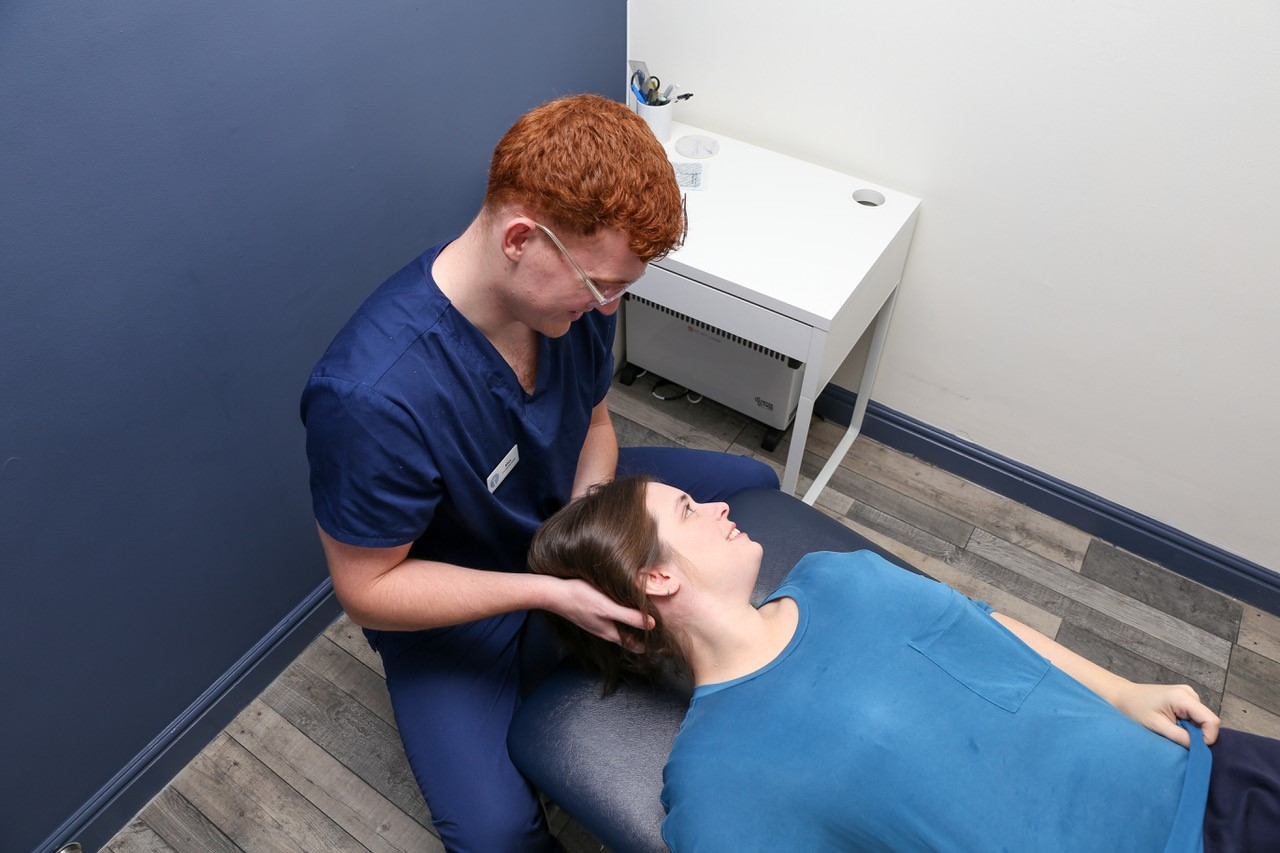
What conditions can vestibular physiotherapy help with?
At Byron Health, vestibular rehabilitation can help you fully recover from BPPV (Benign Paroxysmal Positional Vertigo) and PCS (Post-Concussion Syndrome). In addition to BPPV & PCS, we assist in managing symptoms of Meniere’s disease, labyrinthitis, and other balance-related issues.
Whether you’re experiencing dizziness, imbalance, or persistent vertigo, our approach can help improve your symptoms and restore your quality of life.
What does vestibular physiotherapy involve?
There are a number of positional manoeuvres in which we can mobilise the crystals from the canals back to where they are supposed to be. We use positions called the Epley, BBQ roll and Seamont, just to name a few. These manoeuvres require hands-on work by your therapist, putting your head into specific positions.
We may also deem it necessary to give you some exercises to improve your vestibular (internal spirit level) perception, your eye movements or your balance. It could be a combination of all three!
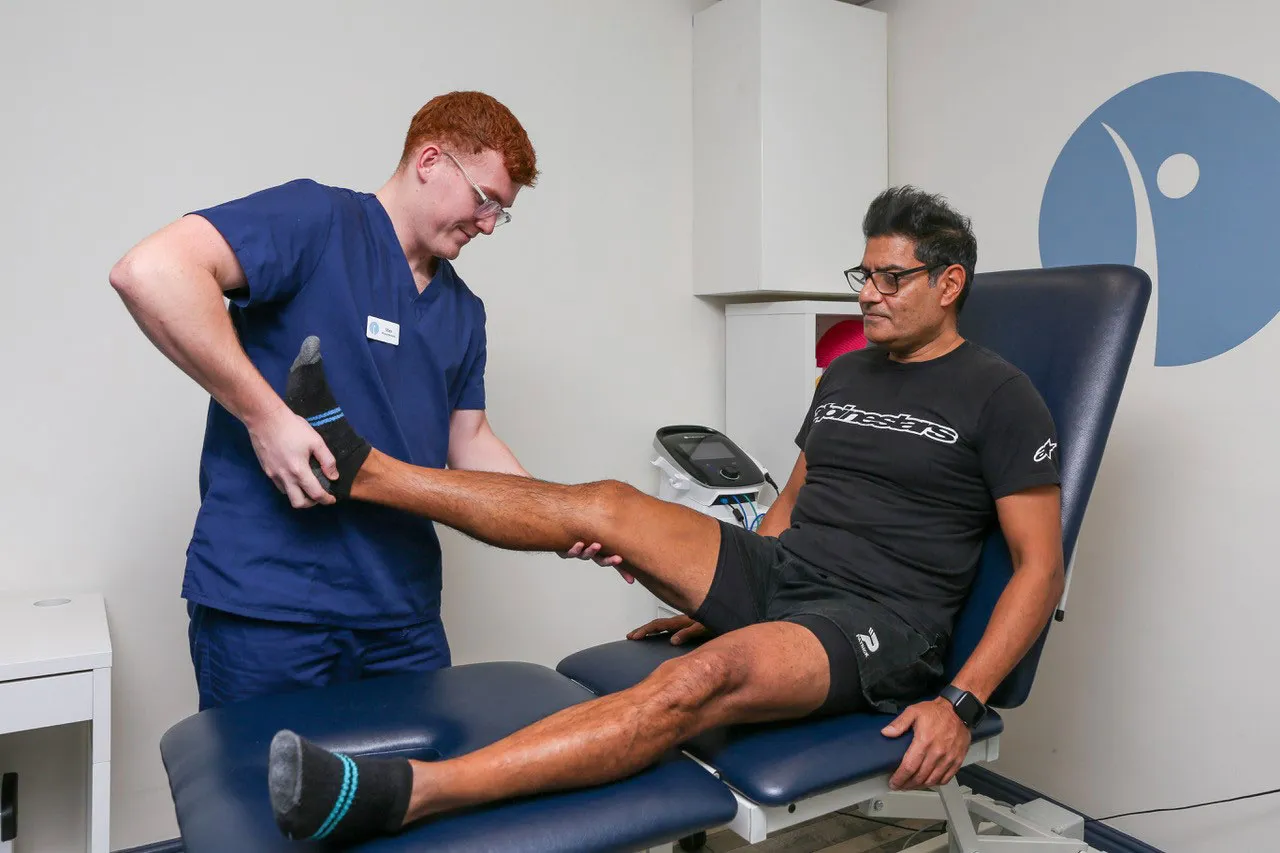
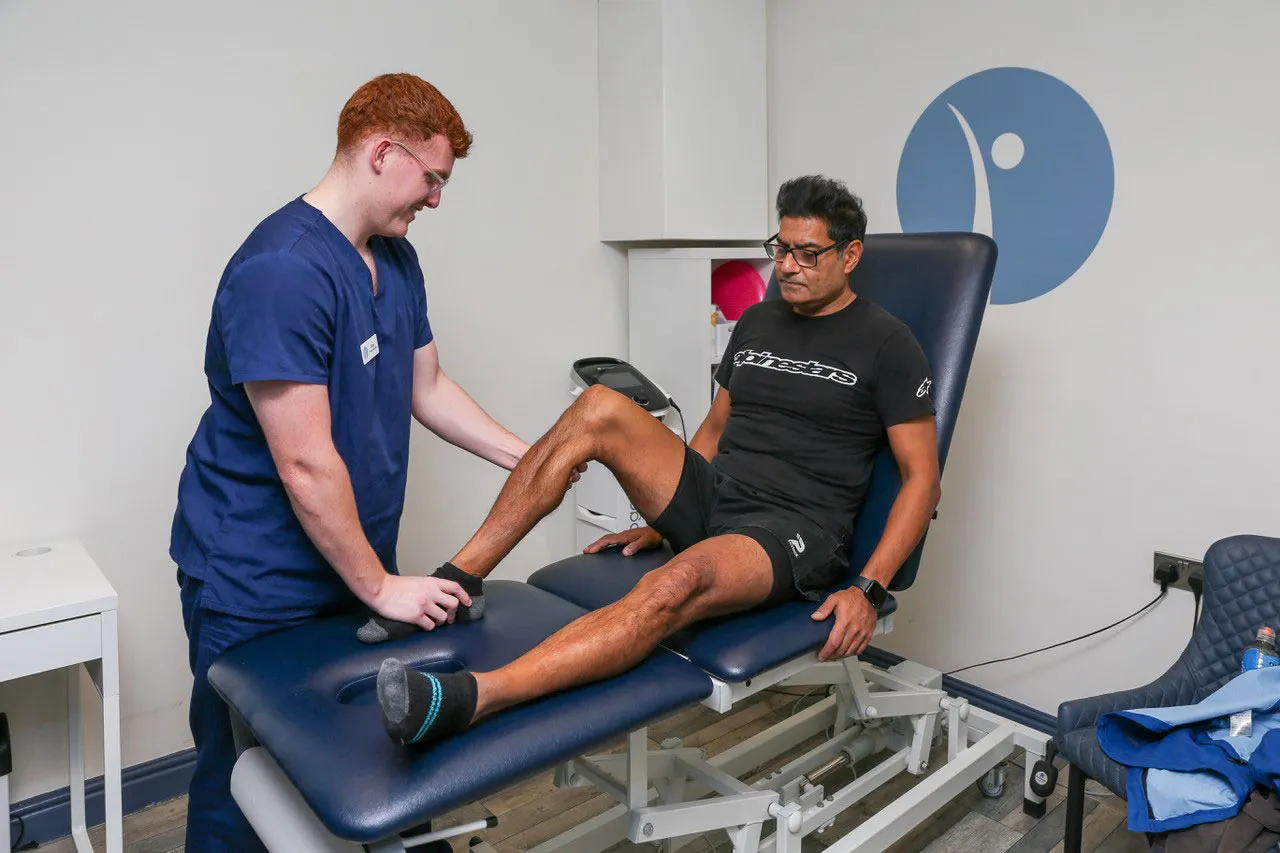
What are vestibular rehabilitation exercises?
Max will assess you to identify specific areas of weakness or imbalance that require targeted exercises. These exercises are often balance-focused, designed to improve areas like ankle, core, or hip strength.
In addition, Max may introduce vestibular system exercises after a few treatment sessions to help prevent the recurrence of vertigo or dizziness. Depending on your needs, visual gaze or eye tracking exercises may also be recommended.
Each exercise plan is tailored to your individual condition and will be progressed gradually as your condition improves. Our aim is always to give the best possible care, and we aim to resolve both the underlying problems, primary and secondary symptoms to ensure the problem doesn’t come back.
How long does vestibular rehabilitation take to work?
For BPPV, many patients notice improvements as early as the day after their first treatment. However, achieving a completely “vertigo-free” life can take several sessions, depending on various factors.
These include your commitment to the home exercise program, the number of affected vestibular canals, and how long you’ve been experiencing vertigo, among others. During your initial consultation, Max will provide a personalised plan which factors in your specific condition and needs, and based on his extensive experience will specify the number of treatments he feels you need and how frequently you will need treatment.
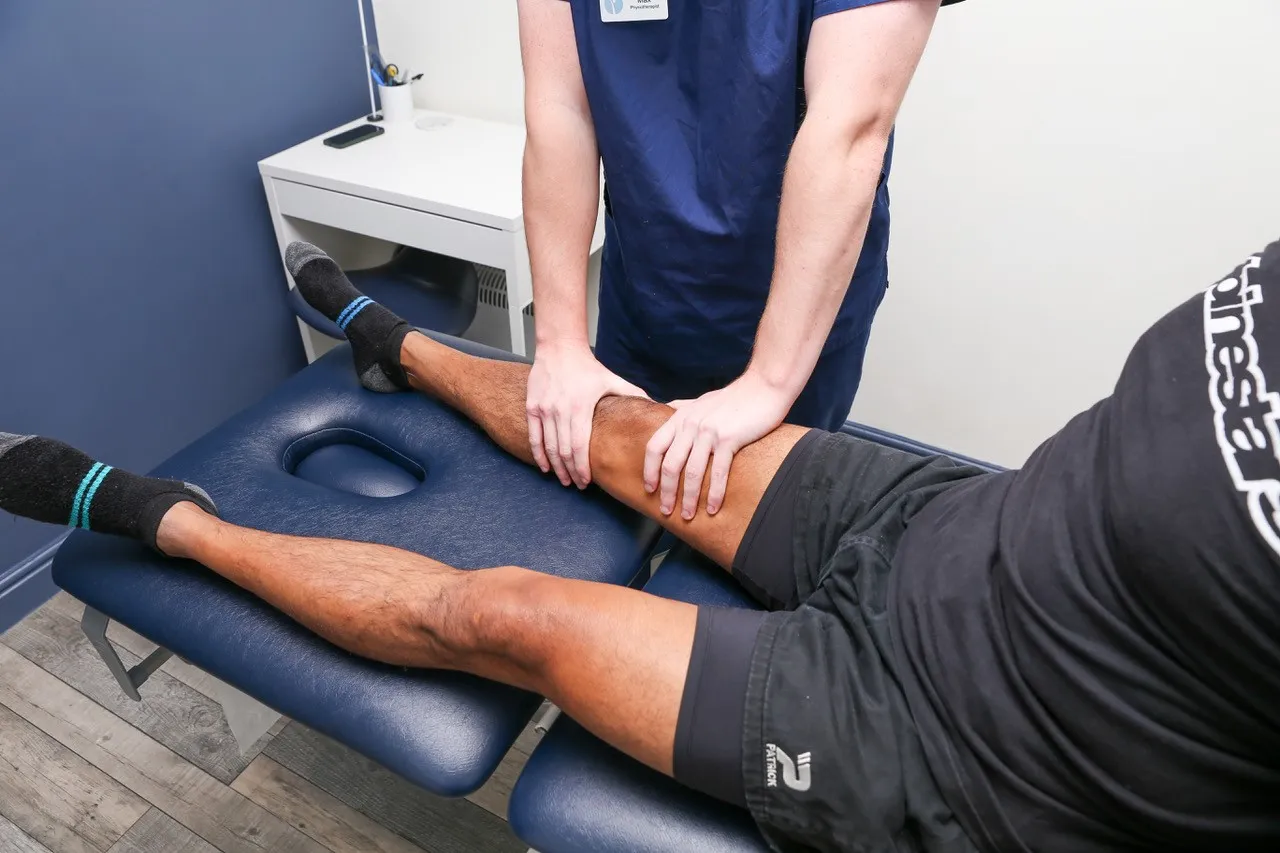
Book Your Appointment With Max Today
If you’re tired of feeling wobbly when you bend down to tie your shoes, or that the room’s spinning when you roll over in bed.